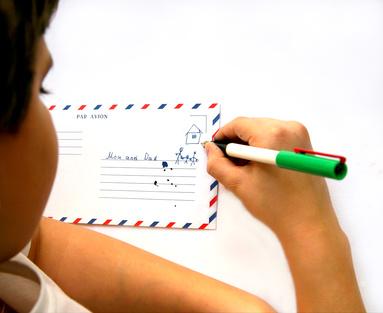As parents and educators have learned more about children with autism, they have identified some activities that can support them at home and in school. Autistic children derive many benefits from recreational and educational activities, including building social skills, practicing situation-appropriate behaviors, honing academic skills and learning how to express themselves creatively.
As parents and educators have learned more about children with autism, they have identified some activities that can support them at home and in school. Autistic children derive many benefits from recreational and educational activities, including building social skills, practicing situation-appropriate behaviors, honing academic skills and learning how to express themselves creatively.
Music and Rhythm Activities
Parents can use music, rhythm, sound and instruments in activities with autistic children. If your child does not verbally communicate, he can hum along with recorded sounds, songs or nursery rhymes. Give a child a triangle, tambourine, recorder or bongo drum and encourage him to create a rhythm. For children in mainstream or special education classrooms, musical activities at home can support classroom learning. Use repetitive songs and chants to teach concepts, such as letter sounds, number patterns or colors. Movement-based songs, such as "Head Shoulders Knees and Toes," the "Hokey Pokey," "Where is Thumbkin" and "London Bridge" combine song and dance.
Art
For many autistic children, the process of creating allows them a pathway to self-expression. Focus on process more than product by supplying several types of materials and many sheets of paper. Simple sketching, coloring and watercolor painting can prove meditative for children with autism. Sculpting with modeling clay allows them to explore texture and manipulate materials with their hands. If your child wants to create a useful object, try a craft that involves gluing a collage of images on a blank greeting card or dipping tissue paper in white glue and wrapping it around a glass bottle to use as a candle holder.
Games
Simple board games and card games, with consistent rules, can entertain and educate autistic children. Try popular board games like "Chutes and Ladders" and "Sorry!" or card games like "Go Fish" and "Crazy Eights." Children learn the importance of taking turns, basic strategizing and good sportsmanship. They also get valuable social contact when parents join them for a session of games. Try noncompetitive activities as well, like jumping rope and hand-clapping games. Challenge your child to build a tower of blocks or create a marble maze.





